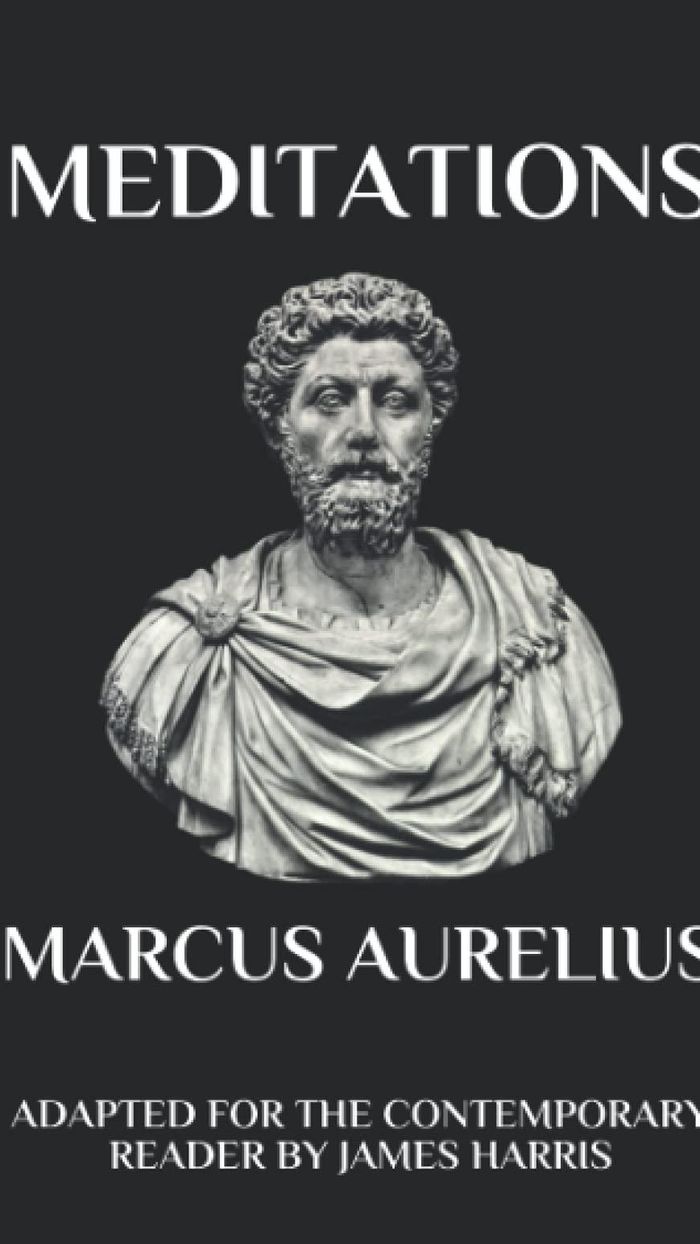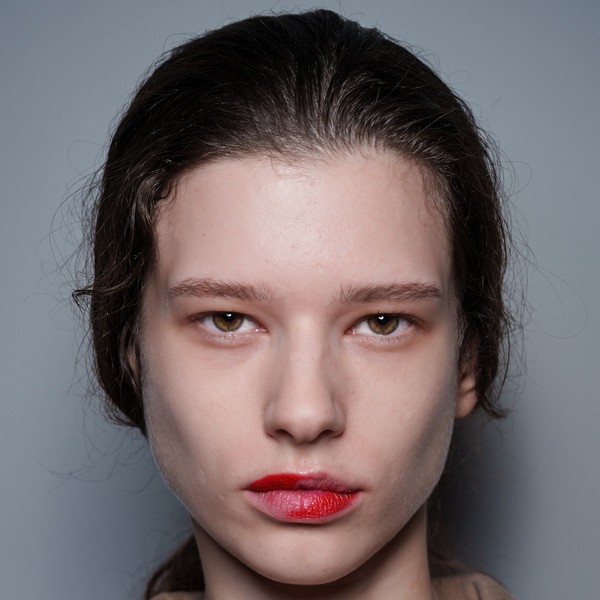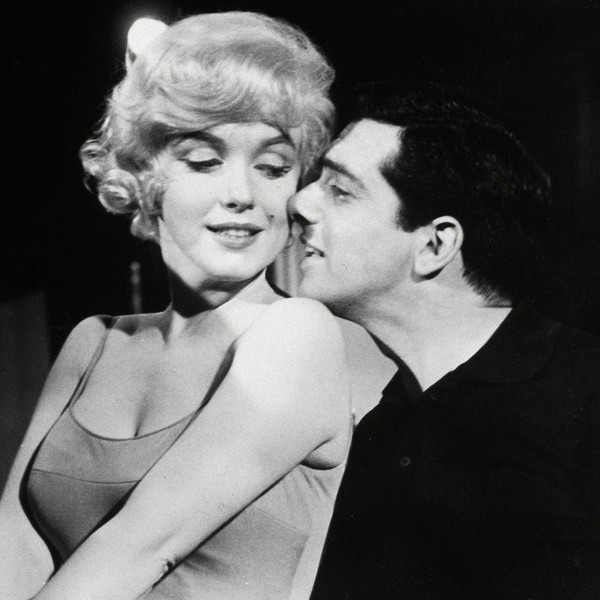How Cami Arboles Switched to a Values-Based Lifestyle
“When I started pole dancing, it was the first time in my life that I felt like I was living by my values and not by certain goal posts.”
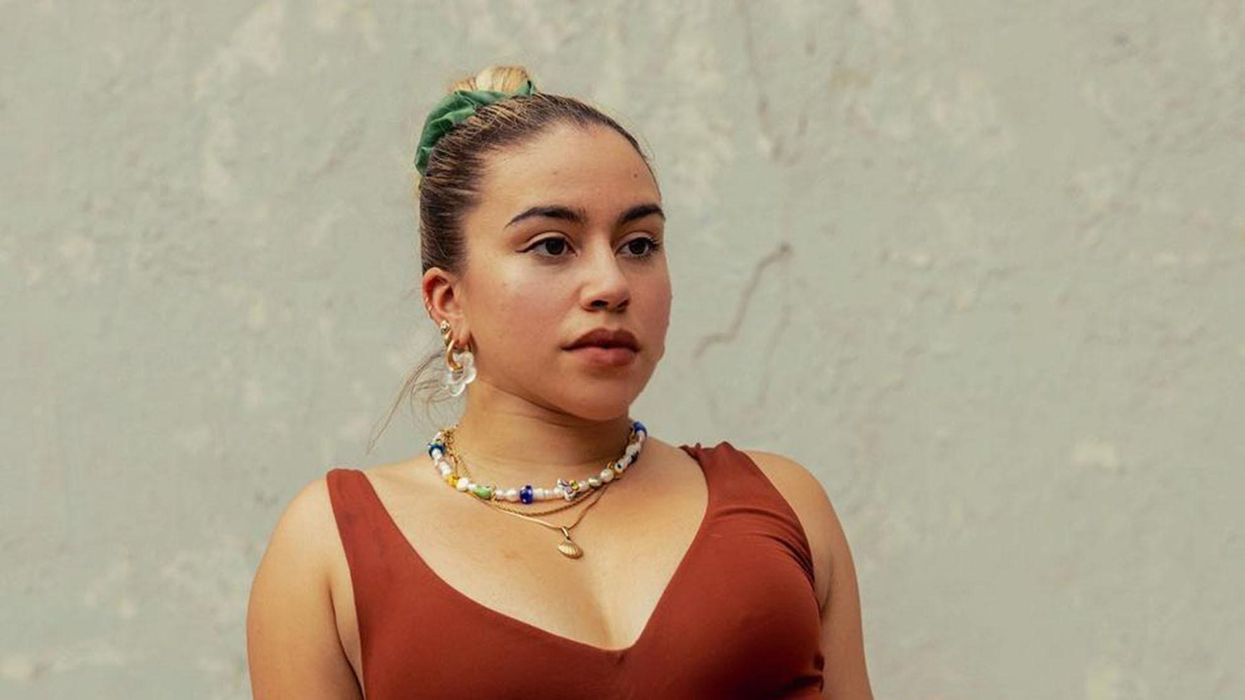
Welcome to The Simple Things, a wellness series dedicated to the routines and rituals that bring a sense of well-being to our daily lives. As the name implies, sometimes it’s not about making seismic shifts in our day-to-day—simple actions can be just as impactful for ourselves and for those in our community.
This week, we’re chatting with Cami Arboles, founder of the Mind Body Spirit Collective, about why it’s important to set digital boundaries, how your thoughts can create your reality, and more.
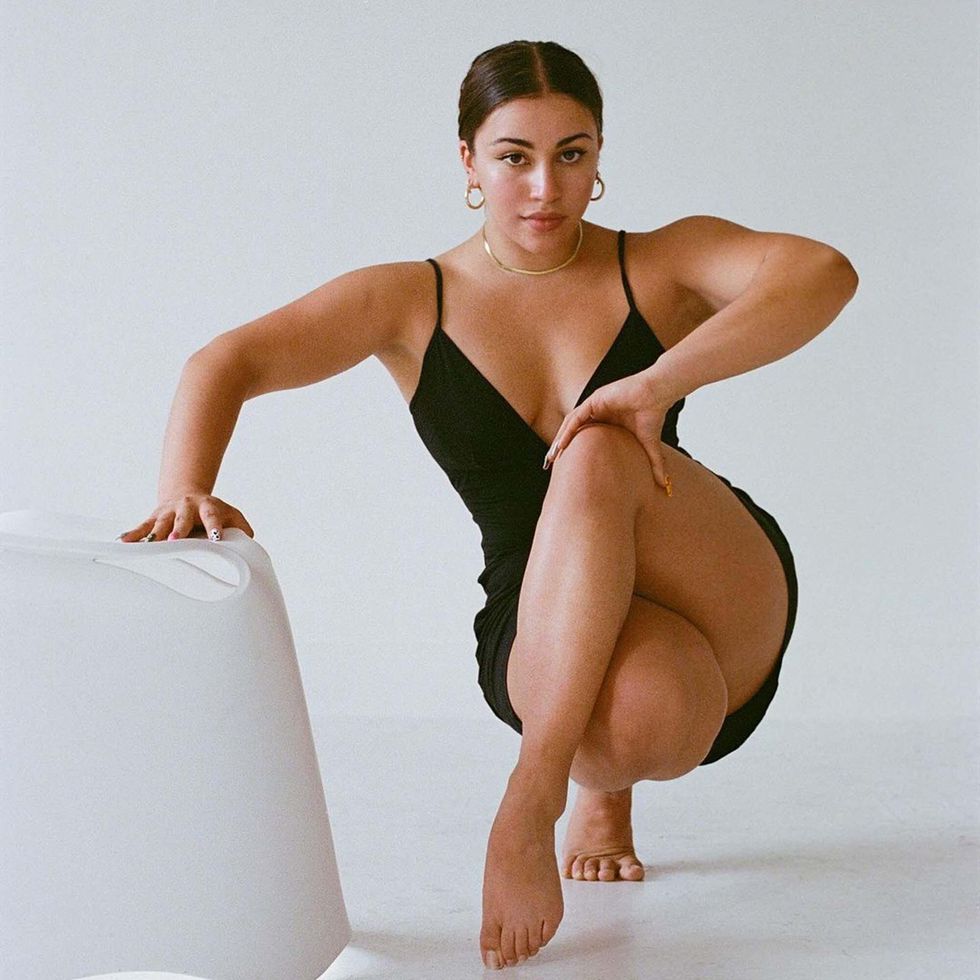
Photo: Courtesy of Cami Arboles
You’ve mentioned in previous interviews that you want to step into a more values-based lifestyle. What does that look like to you?
Are you familiar with the app The Pattern?
Yes—I’m obsessed with astrology.
What I like about The Pattern is that it's rooted in astrology, but it's so specific to you. The app gives you updates on different phases you’re going through based on your birth chart. I looked at the app this morning, and it said, "Congratulations, you've just completed a potentially confusing time period in your life over the past 20 months"—so starting around May, June 2020—"your identity was meant to change. This process felt like it was slowing you down or distracting you from practical or material matters. Although you may have felt lost or like you had no idea what was coming next, ideally, you've now gained a fresh perspective on life that will serve you moving forward. Things will start to become clearer.’
I was in college at Yale, in my final semester, when the pandemic hit. Then I wasn't allowed to go back. I was stuck at home in my brother's childhood bedroom. When I started pole dancing, it was the first time in my life that I felt like I was living by my values and not by certain goalposts. I felt like up until then it was, "Okay, do your best in school every semester, bring home a 4.0, go to church, get the good internships." It was goal-based living. Once quarantine started, there was really no goal I was chasing because I didn't know what was coming next.
When I graduated, I started really throwing myself into pole dancing solely because it just felt good; it was like a form of self-expression. I was able to tap into my body and gained confidence in my sensuality. Philosopher Immanuel Kant has this quote that has resonated with me—you should treat people as a means unto themselves, not as a means to an end. I also believe that you should pursue certain hobbies or passions as a means unto themselves. I never started pole dancing because I wanted to make money—I was literally doing it because I enjoyed it.
I feel like quarantine forced a lot of people to ask themselves, ‘"Okay, what do I really want?’"
Exactly—that's definitely what it was for me.
You’ve also talked about how Yale was a very high-stress environment and how you had to work really hard to keep a positive mindset.
Jia Tolentino has this essay in her book Trick Mirror titled "Always Be Optimizing." She published those essays around 2019, and the ideas she explored still hold true today. I think a lot about how to be a woman in today's society is to constantly be trying to improve yourself; it's a performance of self-optimization.
Right—that was during the tail end of the "girl boss" era.
Yes, there was this subconscious idea embedded in us that you had to do it all and have it all. But now, especially on TikTok, there’s the rise of "the bimbo," and I love it because I think we all need to know less. There's just so much we don’t need to know. There’s too much access. I recently started unfollowing people on my Instagram account who I wasn’t close with because it was taking up bandwidth in my brain that could be used elsewhere.
You just have to set boundaries. I think wellness is so much more than just what you put into your body or whether or not you exercise; it's also what you consume digitally. I think we need to turn our digital consumption from a habit where we randomly check up on strangers into more of a routine or even like a ritual; it creates mindfulness around how we ingest digitally, when we ingest, and what we choose to look at.
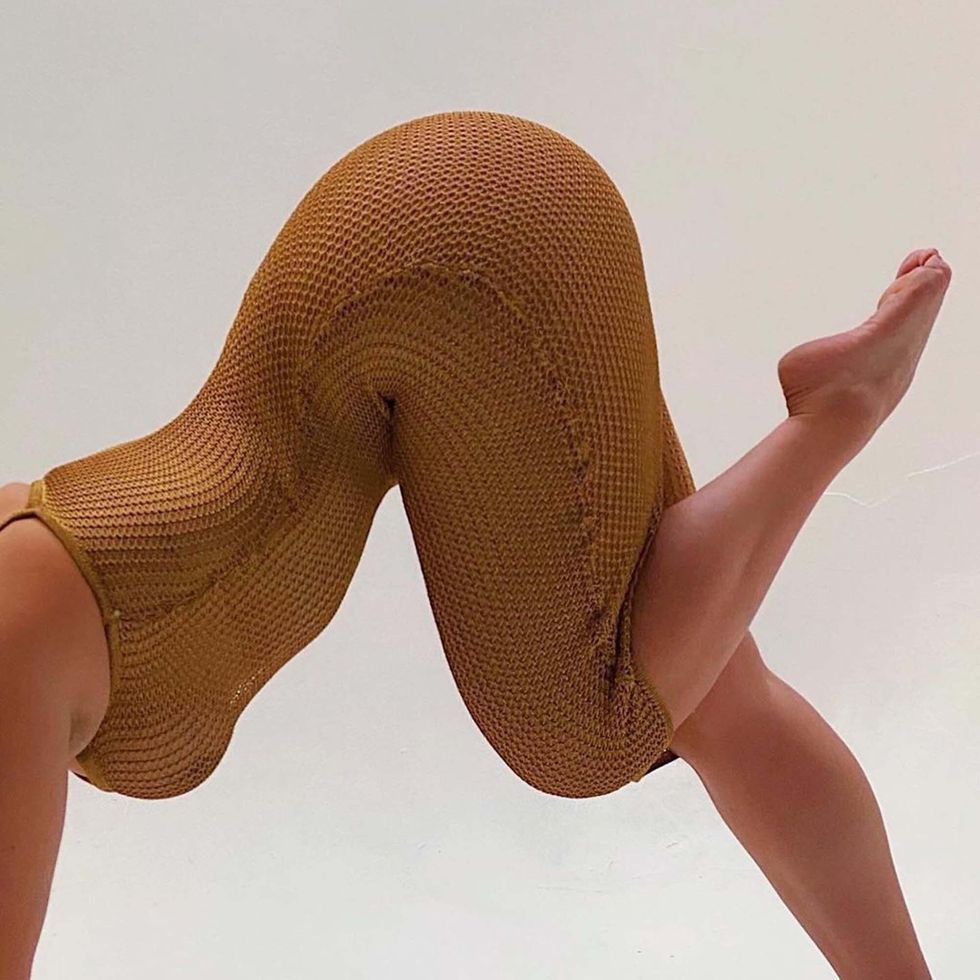
Tell me about your manifestation process.
I definitely believe that the things that you speak, and the things that you say to yourself and others, are the things you start to believe. It can start in a very small way. You could wake up every morning and say, "Oh my God, I'm so stressed. I'm feeling anxious, I don't know what to do." But if you start your day in that mindset and you don't do the work to necessarily change it or switch it up, then you'll just continue your day within that cycle.
I run the Mind Body Spirit Collective and everybody in the program is in a group chat. So, the first thing you do when you wake up is you share an affirmation in the chat. And everyone's in different time zones so by the time you wake up, there's a good chance that somebody else will have shared an affirmation.
A manifestation doesn’t mean that you're promoting a toxically positive mindset. Many of these affirmations acknowledge tough times. You could say to yourself, "Yesterday was a rough day for me, but I have the power within me to change that." Start with one small action to turn it around; an affirmation can be as simple as that. It kind of feels a little weird to say these things out loud at first, but, over time, you do start to believe the things you tell yourself. And then that becomes a reality. So I wake up every day and I can tell myself, "You know what, yes, I have a lot of tasks to do today. Yes, I'm feeling overwhelmed. But I've gotten through 100 percent of those hard days before. I know I can get through today." Just priming your brain to think that way creates a domino effect.
When you started this journey what did you tell yourself in the morning? How did you set yourself up for success?
When you're trying to create routines that serve you, it helps to start small. You start with a queue; then you can attach a routine to that queue; then you attach a reward to help build habit loops that serve you.
The queue could be something as simple as, ‘I wake up in the morning and I move my body then I reward myself with coffee after.’ From there, you've started the building blocks of a morning routine.
Different things work for different people. For me, it started with journaling and just getting my thoughts on the page. I'm very inspired by the book Meditations by Marcus Aurelius. I’ll look and see what I'm resonating with then start writing.
What does your morning routine look like today?
It’s different every day because it depends on what my teaching schedule is. But let's say I have to teach early in the morning—I’ll get up and immediately drink water. Then I grab my journal; I find that it is super grounding to get my thoughts out first thing in the morning. Then I’ll go into my skin-care routine.
Cami's Wellness Picks
Photo: Courtesy of Luis Corzo
Want more stories like this?
13 New Beauty Launches to Help Break You Out of Your Winter Rut
For Sir John, Wellness Starts From the Inside Out
Kendra Austin on the Difference Between Self-Trust and Confidence



